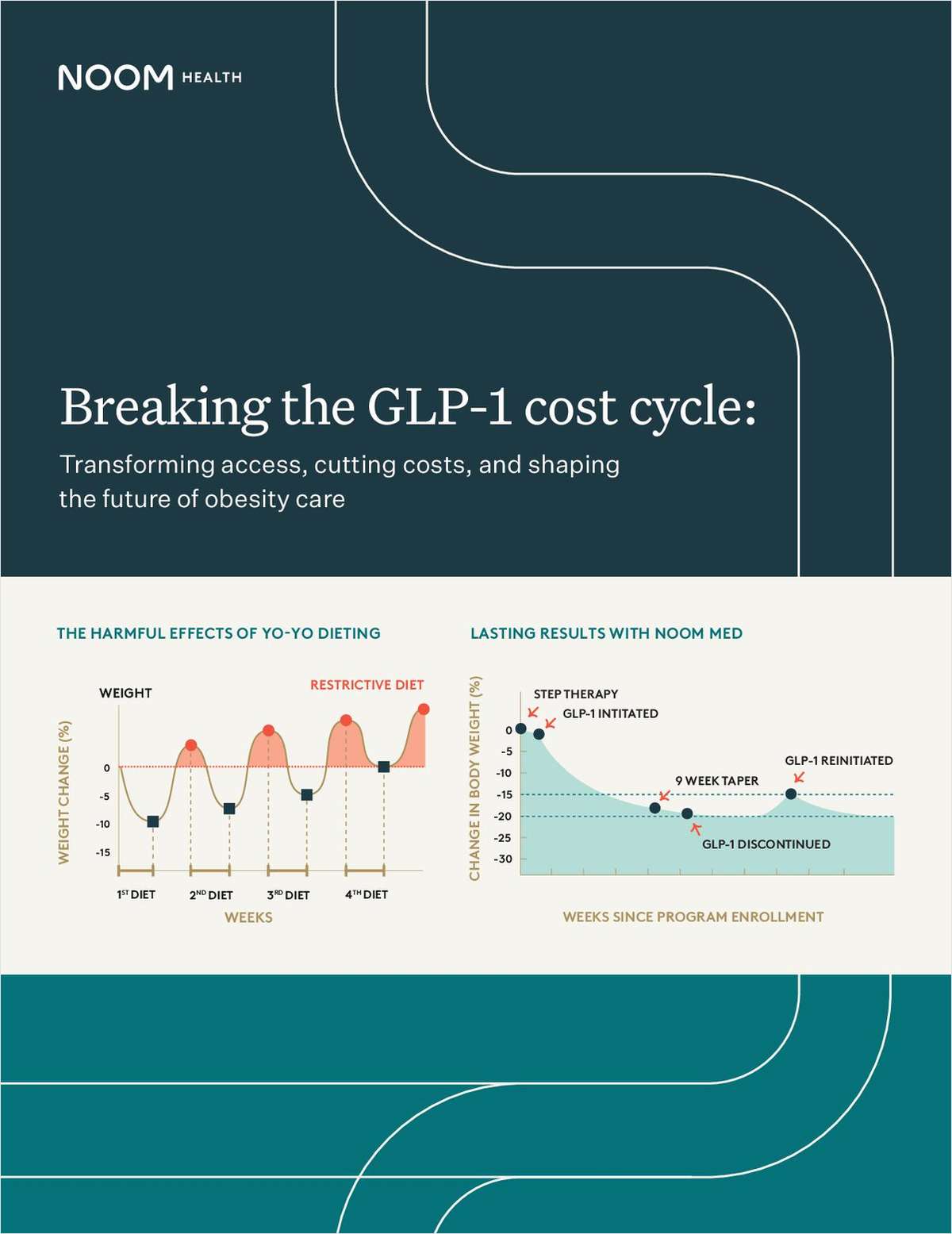State's Teen Criminal Cases Belong in Juvenile Court
At 14, children cannot drive, buy alcohol or cigarettes, cannot vote and cannot be employed by grocery stores. They certainly shouldn't be exposed to lifelong adult felony convictions.
April 20, 2018 at 01:00 PM
4 minute read

In July 2012, Connecticut “raised the age” of juvenile jurisdiction, joining the vast majority of the country in bringing 17-year-olds under the jurisdiction of juvenile court. In 2015, Connecticut raised the minimum age at which a child could be transferred to adult court—either automatically by being charged with certain offenses or at the discretion of the trial court at the request of a prosecutor—from 14 to 15. A new proposal this year—Raised Bill 187—seeks to undo this commonsense legislation.
The changes Connecticut enacted were widely lauded as yet another step toward a fairer and more just system of punishment for the just barely teenagers. Social science had for years maintained that juveniles were less culpable, had a demonstrated lack of maturity and an underdeveloped sense of responsibility. Their criminality wasn't a product of malicious will but rather a fundamental flaw in their developmental progress. Because of their age, they were unable to adequately grasp the magnitude of their actions, or resist the pressures of their peers, or have the foresight to understand the long-term consequences of their actions. This meant that, as they aged, they had “greater prospects for reform,” and thus any punishment meted out by the criminal justice system should necessarily give weight to their incomplete development.
Courts recognize that for children under 18, adult criminal court is not the best place. Adult criminal court jurisdiction brings with it many undesirables that have long-term consequences on the life of a child. For instance, an adult felony conviction will undoubtedly be a lifelong impediment to obtaining gainful employment; will make it difficult for the child to reside with family who may be on government assistance, aka Section 8 housing; and will, in some instances, make it impossible for the child to reside at home with family. Adult convictions will mean that opportunities for higher education are limited. Saddling a child with an adult conviction at the age of 14 does irreparable harm to the child and to public safety: squeezed out of opportunities to live a productive, law-abiding life only increases the risk that the child will continue to turn to crime to make a living.
Despite all this evidence to the contrary, the Connecticut Legislature has before it this year Raised Bill 187, which seeks to undo the positive changes made just two years ago and allow 14-year-olds to be sent to adult court. The motivation for this reversal is not made explicit, but one could find its roots in a series of high-profile cases involving juveniles committing crimes in the Hartford area and ensuing comments made by prosecutors and law enforcement officials. These comments suggested a growing juvenile crime wave and placed the blame on the new laws Connecticut has passed, shielding some juveniles from adult court exposure.
This rationale is misplaced and based on inaccurate information. Statistics show that over the last five years, the number of juveniles arrested has ebbed and flowed, but not wildly so. Last year's arrest number isn't the highest of the last five years. Additionally, a number of the cases cited by prosecutors as examples of reform gone wrong involve 16- and 17-year-olds committing extremely serious felonies, which would be automatically transferred to adult court under any circumstance. In fact, juvenile crime has been steadily dropping, with 6,241 arrests in 2016 as compared with 8,523 in 2011.
None of these anecdotes or statistics justifies exposing 14-year-olds to adult criminal courts once again. The range of penalties available in juvenile court are more than enough to adequately punish someone so young.
Additionally, Raised Bill 187 also seeks to modify the discretion afforded juvenile court judges in transferring cases to adult court. Currently, a judge can only transfer a case if she finds that the transfer is in the best interests of public safety and the child. This bill would change “and” to “or,” thus effectively eliminating the interest of the child from the determination. Removing the interests of the child and a consideration of the individual characteristics of that child from the decision to expose a child to the harsh adult court system flies directly in the face of social science and current jurisprudence.
At 14, children cannot drive, buy alcohol or cigarettes, cannot vote and cannot be employed by grocery stores. They certainly shouldn't be exposed to lifelong adult felony convictions.
This content has been archived. It is available through our partners, LexisNexis® and Bloomberg Law.
To view this content, please continue to their sites.
Not a Lexis Subscriber?
Subscribe Now
Not a Bloomberg Law Subscriber?
Subscribe Now
NOT FOR REPRINT
© 2025 ALM Global, LLC, All Rights Reserved. Request academic re-use from www.copyright.com. All other uses, submit a request to [email protected]. For more information visit Asset & Logo Licensing.
You Might Like
View All
The Stormy Daniels 'Hush Money' Trial: Donald Trump Should Be Very Worried
7 minute read
Shining a Light on Opposing Hate: The Palestinian Protesters Who Defended New Haven's Menorah
6 minute readTrending Stories
- 1Spotify GC Steps Down, Opts to 'Step Away from Full-Time Corporate Life'
- 2Coming This Year: Statewide Case Management System
- 3Adding 'Credibility' to the Pitch: The Cross-Selling Work After Mergers, Office Openings
- 4Low-Speed Electric Scooters and PIP, Not Perfect Together
- 5Key Updates for Annual Reports on Form 10-K for Public Companies
Who Got The Work
J. Brugh Lower of Gibbons has entered an appearance for industrial equipment supplier Devco Corporation in a pending trademark infringement lawsuit. The suit, accusing the defendant of selling knock-off Graco products, was filed Dec. 18 in New Jersey District Court by Rivkin Radler on behalf of Graco Inc. and Graco Minnesota. The case, assigned to U.S. District Judge Zahid N. Quraishi, is 3:24-cv-11294, Graco Inc. et al v. Devco Corporation.
Who Got The Work
Rebecca Maller-Stein and Kent A. Yalowitz of Arnold & Porter Kaye Scholer have entered their appearances for Hanaco Venture Capital and its executives, Lior Prosor and David Frankel, in a pending securities lawsuit. The action, filed on Dec. 24 in New York Southern District Court by Zell, Aron & Co. on behalf of Goldeneye Advisors, accuses the defendants of negligently and fraudulently managing the plaintiff's $1 million investment. The case, assigned to U.S. District Judge Vernon S. Broderick, is 1:24-cv-09918, Goldeneye Advisors, LLC v. Hanaco Venture Capital, Ltd. et al.
Who Got The Work
Attorneys from A&O Shearman has stepped in as defense counsel for Toronto-Dominion Bank and other defendants in a pending securities class action. The suit, filed Dec. 11 in New York Southern District Court by Bleichmar Fonti & Auld, accuses the defendants of concealing the bank's 'pervasive' deficiencies in regards to its compliance with the Bank Secrecy Act and the quality of its anti-money laundering controls. The case, assigned to U.S. District Judge Arun Subramanian, is 1:24-cv-09445, Gonzalez v. The Toronto-Dominion Bank et al.
Who Got The Work
Crown Castle International, a Pennsylvania company providing shared communications infrastructure, has turned to Luke D. Wolf of Gordon Rees Scully Mansukhani to fend off a pending breach-of-contract lawsuit. The court action, filed Nov. 25 in Michigan Eastern District Court by Hooper Hathaway PC on behalf of The Town Residences LLC, accuses Crown Castle of failing to transfer approximately $30,000 in utility payments from T-Mobile in breach of a roof-top lease and assignment agreement. The case, assigned to U.S. District Judge Susan K. Declercq, is 2:24-cv-13131, The Town Residences LLC v. T-Mobile US, Inc. et al.
Who Got The Work
Wilfred P. Coronato and Daniel M. Schwartz of McCarter & English have stepped in as defense counsel to Electrolux Home Products Inc. in a pending product liability lawsuit. The court action, filed Nov. 26 in New York Eastern District Court by Poulos Lopiccolo PC and Nagel Rice LLP on behalf of David Stern, alleges that the defendant's refrigerators’ drawers and shelving repeatedly break and fall apart within months after purchase. The case, assigned to U.S. District Judge Joan M. Azrack, is 2:24-cv-08204, Stern v. Electrolux Home Products, Inc.
Featured Firms
Law Offices of Gary Martin Hays & Associates, P.C.
(470) 294-1674
Law Offices of Mark E. Salomone
(857) 444-6468
Smith & Hassler
(713) 739-1250












